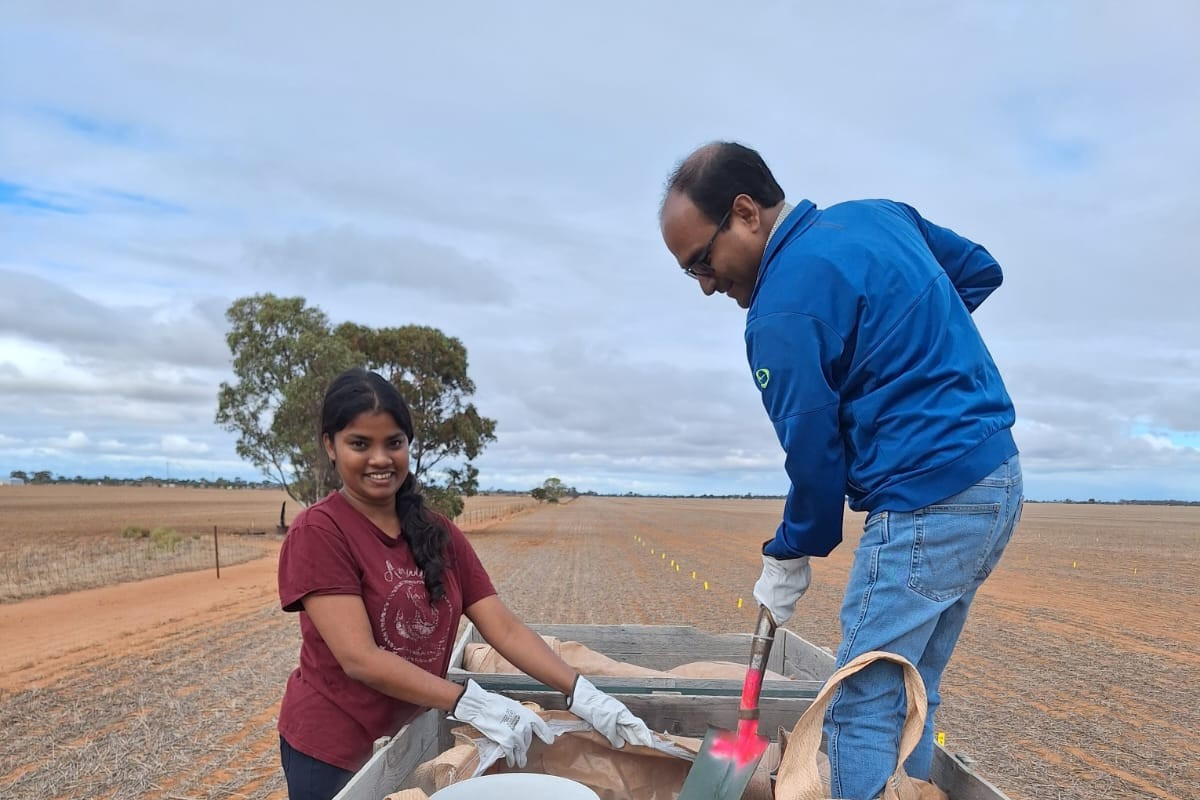Rural
17 July, 2025
Tackling $1.2B problem for farmers using cheap rock
CHEAP volcanic rock that languishes in open cut mines and quarries could transform Australia’s farming sector as a natural fertiliser, boosting crop yields and removing carbon dioxide from the atmosphere.

University of South Australia (UniSA) environmental researcher Dr Binoy Sarkar is leading an Enhanced Rock Weathering trial that involves applying crushed basalt to agricultural soils, measuring its nutrient release and carbon capture.
Dr Sarkar, from UniSA’s Future Industries Institute, is collaborating with James Cook University, the Tropical North Queensland Drought Hub, and industry partner Carbonaught Pty Ltd on two projects, funded by the Federal Government and Cascade Climate.
“Australian farmers spend nearly $1.2 billion a year to tackle soil acidification, using expensive liming materials that in themselves contribute to greenhouse gas emissions,” Dr Sarkar says. “Large volumes of adequately fine rock particles – a byproduct of the mining and construction industry – can be bought for as little as $30 per ton and applied to soils using existing farm equipment, with negligible expense. Basalt does not completely replace chemical fertilisers, but it can cut fertiliser amounts needed to grow crops, saving farmers a lot of money and substantially improving their profit margins.”
Farming with basalt solves two critical challenges facing Australian agriculture: improving infertile soils and simultaneously removing greenhouse gas emissions from farming practices that include nitrogen fertilisers, deforestation and land clearing. “Basalt naturally reduces acidity, captures carbon, and it also releases nutrients such as phosphorus, calcium, magnesium and silicon into the soil.”
Dr Sarkar says the research will not only benefit the agricultural sector, but also the mining sector, where basalt is a byproduct that has to be dug and moved aside before reaching valuable minerals. “It will also provide opportunities for farmers and quarry owners to sell carbon credits and earn additional profits. Our farmers will be able to take advantage of this huge market when we have a strong monitoring, reporting and verification program for the technology.”

